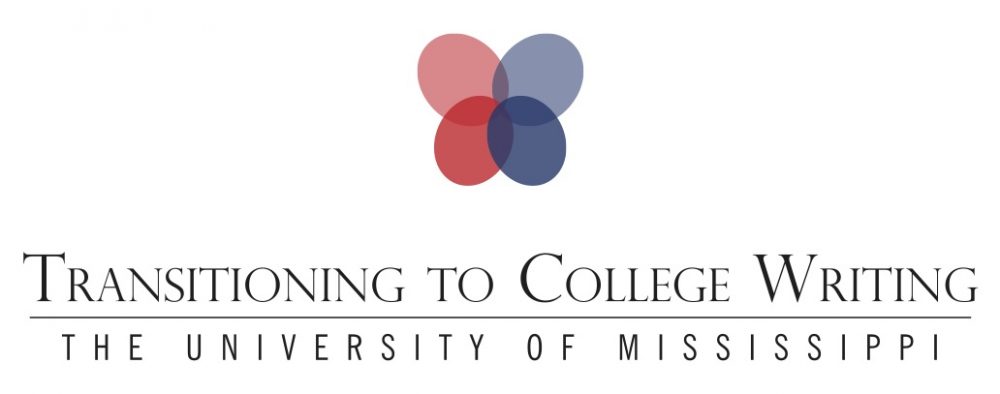This semester, Itawamba Community College has several duel-enrolled classes on high school campuses. I don’t want to debate whether or not dual-enrollment is good or evil, but this week I’ve found myself examining my knowledge of dual-enrolled students. My exploration is prompted by one of my WC supervisors teaching a dual-enrolled class at a local high school. She seemed genuinely happy to agree to help with this class, but I found myself wondering what her fears might be about a class full of dual-enrolled students. I was afraid that she would hit walls with content. I was afraid that she would have that one student who tries to ruin the whole class for everyone. I was afraid that dealing with a foreign administration would cause friction and result in bad feelings. I was afraid that parent involvement could overshadow the experience for my supervisor and for the students. So far, none of these disastrous scenarios has happened. After the first class, my supervisor seemed pleased and excited. She said that her students were “super giggly and super smart.” This description sounds like one of the reasons I want to teach college students and come back to class every semester. I think that’s a good sign.
My experiences with dual-enrolled students have been nothing but pleasant. What could have been the scariest and potentially most miserable scenario—brothers who were home-schooled in rural Mississippi because of the health of one brother and who dual-enrolled their senior years of the high school curriculum—gave me one of the best consultants I’ve had the pleasure to supervise in the writing center. Furthermore, because he was dual-enrolled, I got him for two years before he transferred to MSU. I can only get consultants for two years if they dual-enroll, take their first year writing courses in the summer, or bum around for an extra year. My consultant wasn’t the only brother I had the pleasure of knowing well. His brother dual-enrolled in my Comp. 1 course and I found in him a very different person, but one no less pleasant, intelligent, or rewarding to know. I don’t know that anyone else in the class knew he was dual-enrolled unless he told someone.
This semester I have the pleasure of meeting another dual-enrolled student who is taking my Comp. 1 course and a College Algebra course. In fact, I’ve also met his parents. They were friendly, interested, and, of course, concerned, but not at all scary. I don’t know why I always expect high school students’ parents to be scary. From my observations, this student plans to work harder in my class than many of my college-aged students might consider an option. Between his classes he finds a spot in the writing center and works, and when he hits a wall, he asks good questions. How could I not be pleased??
So far, my experiences have all been rewarding in positive ways. I’ve formed a very good opinion of dual-enrolled students and of this experiment to give motivated and intelligent students the opportunity to receive credit for both high school and college. Others will have to form their own opinions based on their own experiences, but I sincerely hope that their experiences are as positive as mine have been.
